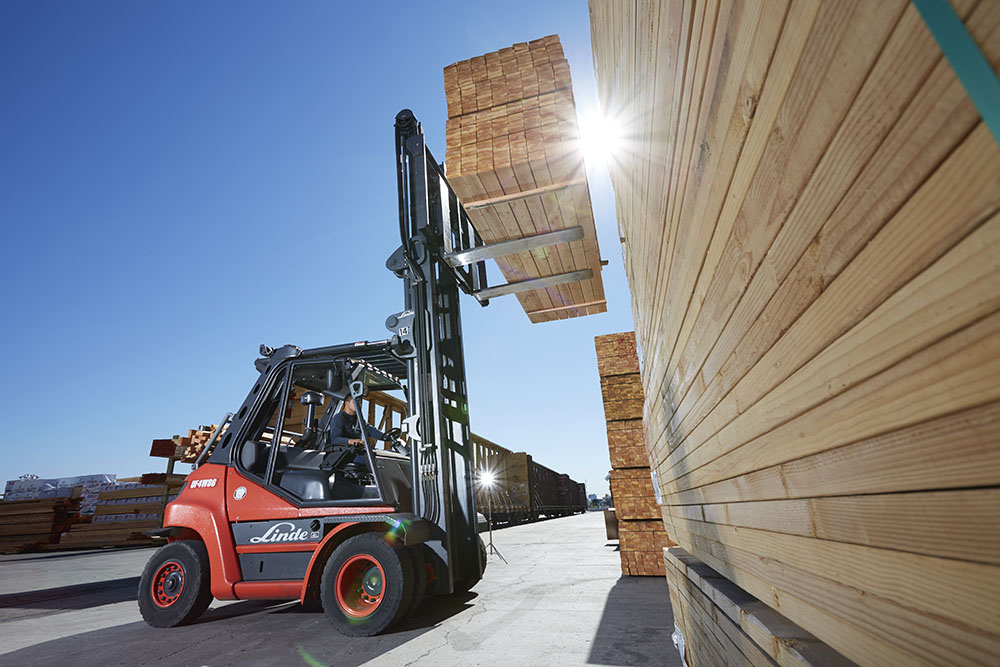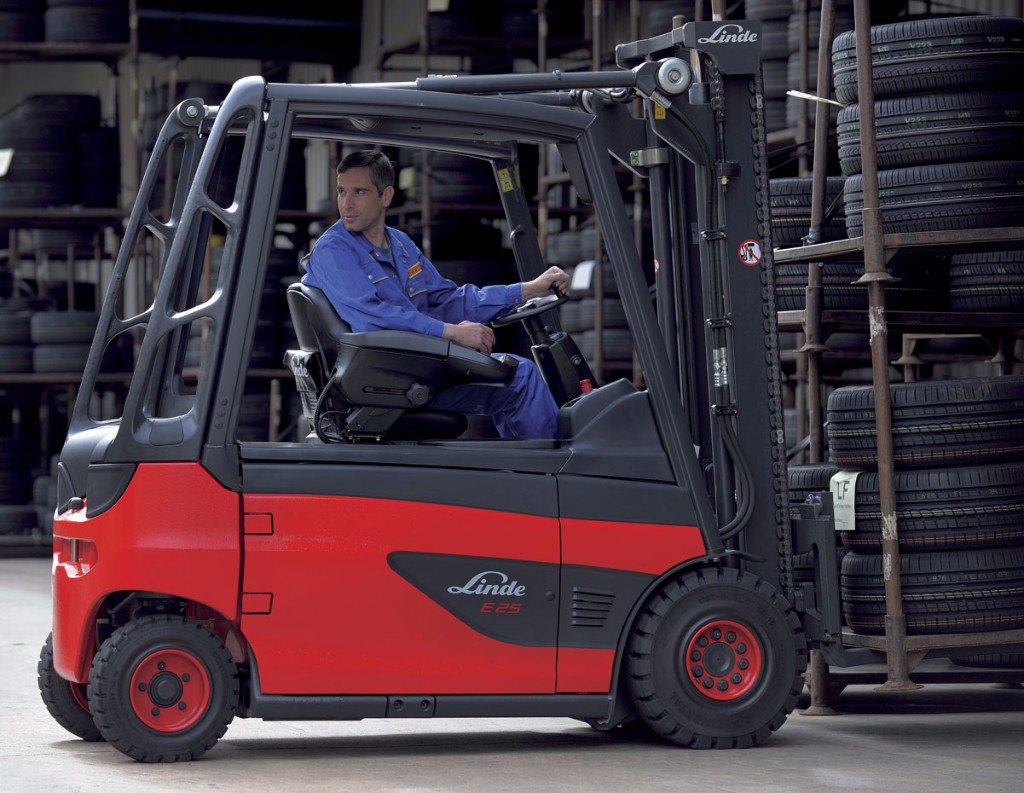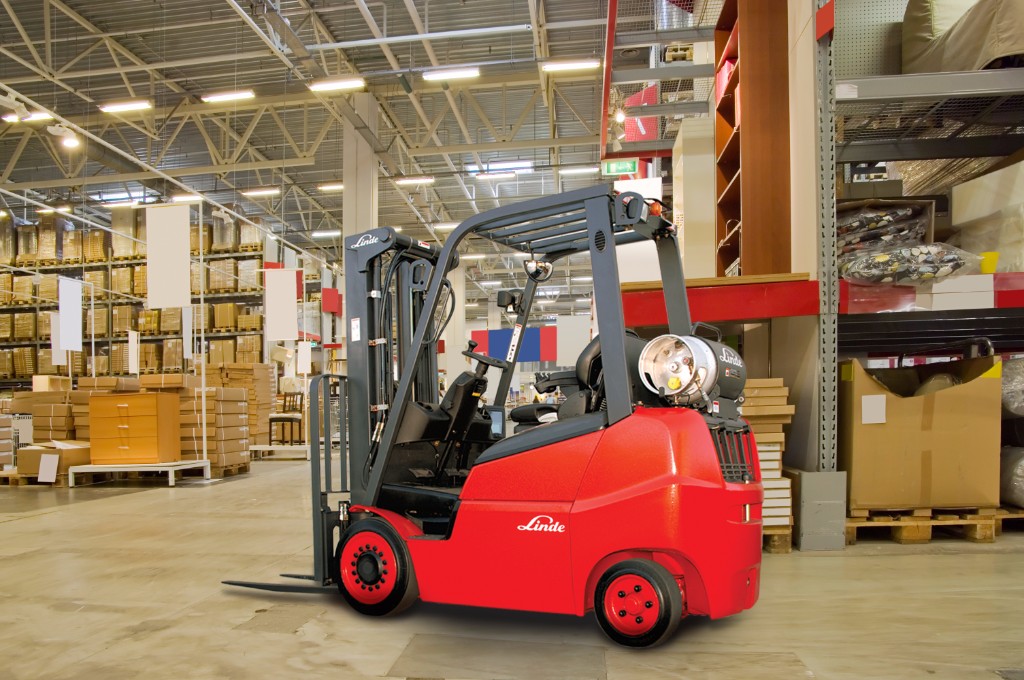Forklifts are useful not only on the warehouse floor, but can also be useful to lift and handle heavy loads and lifting outdoors. Forklifts may be used outdoors on construction sites, docks and container yards, or lumberyards, lifting heavy materials even on the roughest terrain.
While outdoor forklifts are extremely useful, operating a forklift outdoors and on rough terrain presents certain challenges that operating a forklift indoors does not. Here are a few tips to help you minimize risk and safely operate a forklift outdoors.
Stay Alert
Inside or out, it is extremely important to stay focused while operating a forklift. Operators should be constantly checking their surroundings, keeping an eye out for other workers or unexpected surprises. In an outdoor environment, there are even more potential hazards and surprises, meaning you should stay particularly alert to your surroundings. You may encounter wildlife, stray branches, rocks and more when using a forklift outdoors, and need to be prepared in the event that you do.
Check Fluids and Tires
Before stepping foot on the forklift, you should do preliminary checks such as checking tires and fluids. Overinflated tires may explode, and rough terrain filled with rocks and other hazards increases the chances of an incident occurring. On the other hand, under inflated tires may go flat, and the outdoor terrain can make it more difficult to conduct the necessary repairs.
Check fluid levels to ensure that your lift is at top performance. With fluids like oil and antifreeze at the proper levels, you’re more likely to avoid overheating the engine in the summer and freezing it in the winter.
Mind the Terrain
In a warehouse, the terrain does not change from a smooth operating floor. Outdoors, however, it’s a different story. You may be on smooth asphalt one moment, and a rough gravel road the next. The terrain may be even and flat before suddenly becoming uneven or hilly.
It’s important for operators to be mindful of the changing terrain, and prepare to make the necessary adjustments. The driver should practice operating a forklift on the various terrains they expect to encounter, such as dirt or gravel.
Pay Attention to the Weather
Weather can greatly influence the safety of forklift operation outdoors, presenting new challenges for the operator as the terrain changes and the forklift itself is affected. It is essential that forklift operators working outdoors pay attention to the weather, understanding how the conditions will impact their ability to safely operate the lift.
Check the weather forecast before beginning operation, and consider postponing operations in the event of inclement weather. Also be mindful of seasonal weather issues, such as snow or ice in the winter and heat in the summer. Seasonal factors can impact the terrain, the forklift, as well as the driver’s ability to operate.
Communicate
In a collaborative environment like a warehouse or construction site, communication is key to safe and efficient operations. Even if workers are not working on the same project, it is essential that forklift operators are in communication with their fellow workers, alerting one another to changing conditions and any issues that arise.
Forklifts are powerful, heavy pieces of machinery, and can cause great harm to people if an accident occurs. Communication reduces the risk of such incidents, as an operator can alert other workers as to the lift’s objectives and whereabouts.
Even the most experienced forklift operators face unexpected challenges outdoors and on rough terrain. By following these tips, operators can greatly reduce the risk of an incident occurring, promoting the safety and efficiency of the construction site, dockyard, or other outdoor environment.



